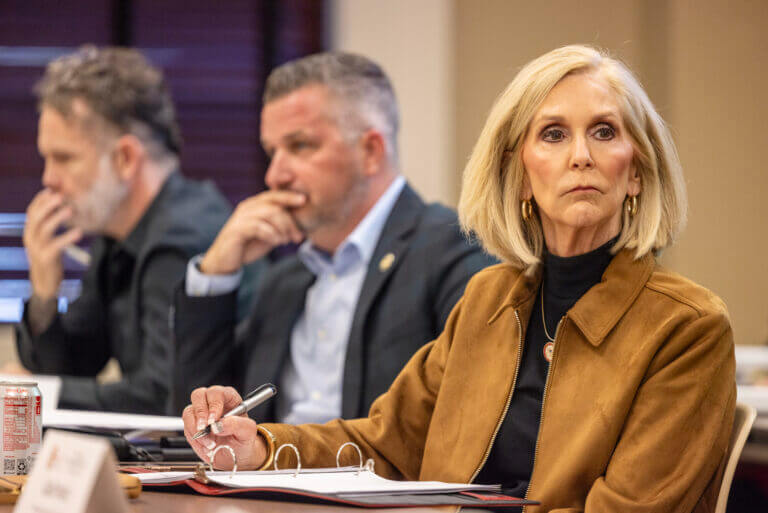
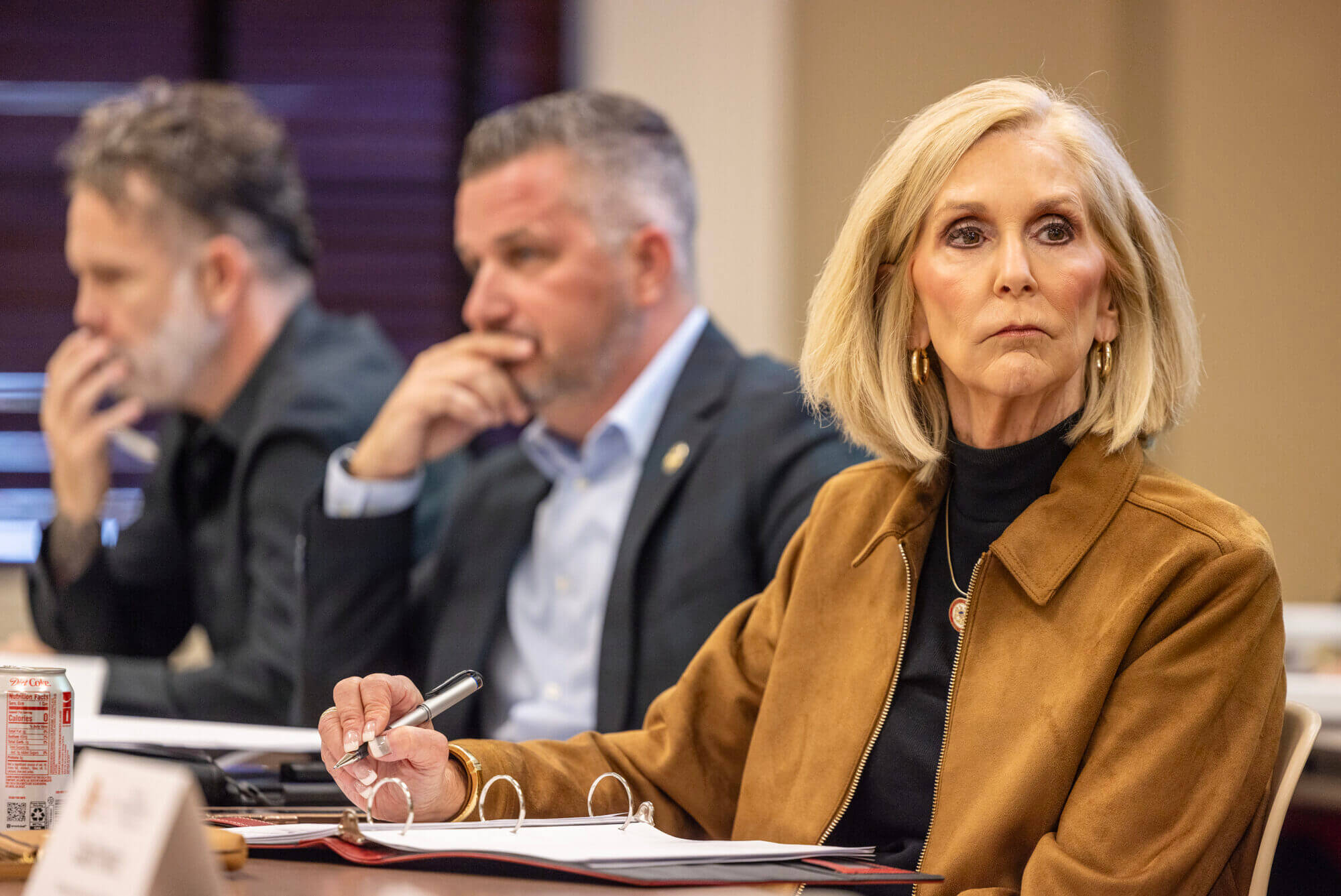
After evaluating applications asking for over $100 million of public money, the Mississippi Opioid Settlement Fund Advisory Council discussed Monday which proposals deserved state investment to prevent more deadly overdoses.
But its members have yet to agree on funding recommendations for the Legislature. Instead, the members introduced a number of new concerns with the application process — ones that are expected to be discussed further at another meeting in the coming few weeks.
This spring, lawmakers established this council to make recommendations on how Mississippi should spend most of its money from national lawsuits related to the opioid epidemic, a crisis that has claimed over 10,000 Mississippi lives since 2000. The council, overseen by Attorney General Lynn Fitch, is set to oversee around $300 million of Mississippi’s expected $421 million of settlement money over the next 15 years.
Before Monday’s meeting, Fitch’s office published a summary of those applications that assigns each request a score between 0 and 100, with 100 being the most qualified for funding. The council created 10-point tiers based on how highly it recommends the Legislature fund each project.
The subcommittees scored 23 applications in the top tier of grants — requests that asked for more than $40 million of opioid settlement funds. Around $23 million of those high-scored applications were from organizations with representatives serving on this council. Many of those representatives are the top officials of the requesting group. For example, two applications from the Mississippi Department of Mental Health, which is led by council co-vice chair Wendy Bailey, were among the top-scored projects.
The subcommittees did recommend funding adjustments even from highly-scored applicants. It suggested adjusting grant funding for Oceans Healthcare, whose chief executive officer Mark Stovall serves on the council, from roughly $4 million down to roughly$2 million.
Committee members are supposed to recuse themselves from evaluating grant applications they’re directly or indirectly involved with, according to the council’s rules. There’s no evidence any council member had a hand in evaluating their own application.
When the meeting started, members of the council were once again quick to point out potential issues with both the call for and evaluation of applications.
Sen. Nicole Boyd, a Republican from Oxford and a non-voting member of the council, told the group she was concerned the council didn’t have a plan to make sure funded projects weren’t duplicating efforts — both in where the projects are planned for and what they hope to do.
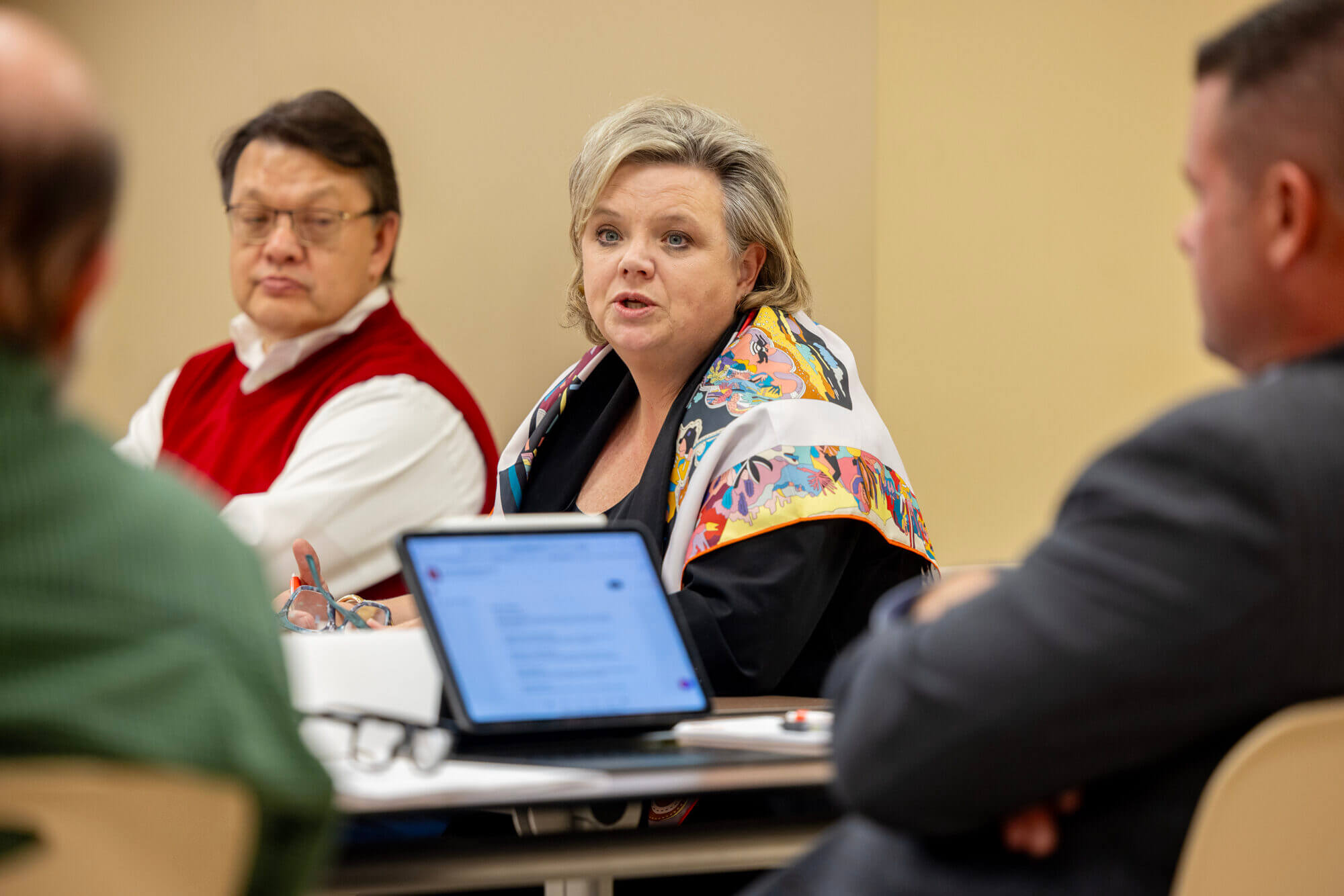
“Have we kind of looked at that aspect yet?” she asked.
“Not yet,” responded Caleb Pracht, the meeting moderator and a special assistant to Fitch. “But that’s certainly an important consideration, I agree.”
Boyd also highlighted the absence of a guiding roadmap that could help the council determine how to best respond to the public health crisis. A third DMH opioid settlement application, which scored in the second tier of projects, proposed to create that next year.
That application summary says “the state does not currently have a unified, evidence-based assessment of prevention, treatment and recovery needs.”
“In the ideal world, we would have done that first thing,” Boyd said. “But I think (the Legislature) would like to go ahead and get this money out to people immediately.”
Some members asked whether a few of the applications themselves raised questions among council as to whether they would actually prevent more overdoses. Greg Spore, a lawyer with the Office of State Public Defender, called attention to a proposed project from the Yazoo County Sheriff’s Department for license plate readers, tasers and officer tablets – tools more akin to law enforcement than to opioid abatement.
The local government subcommittee scored the project in the second highest tier of applications.
“How is that responsive to opioid use disorder?” Spore asked the committee.
Adam Cooper, chief of the Gulfport Police Department, said these types of technology were important for preventing drugs from being sold in the community. He said he thought more Mississippi opioid settlement money should be going for these types of efforts.
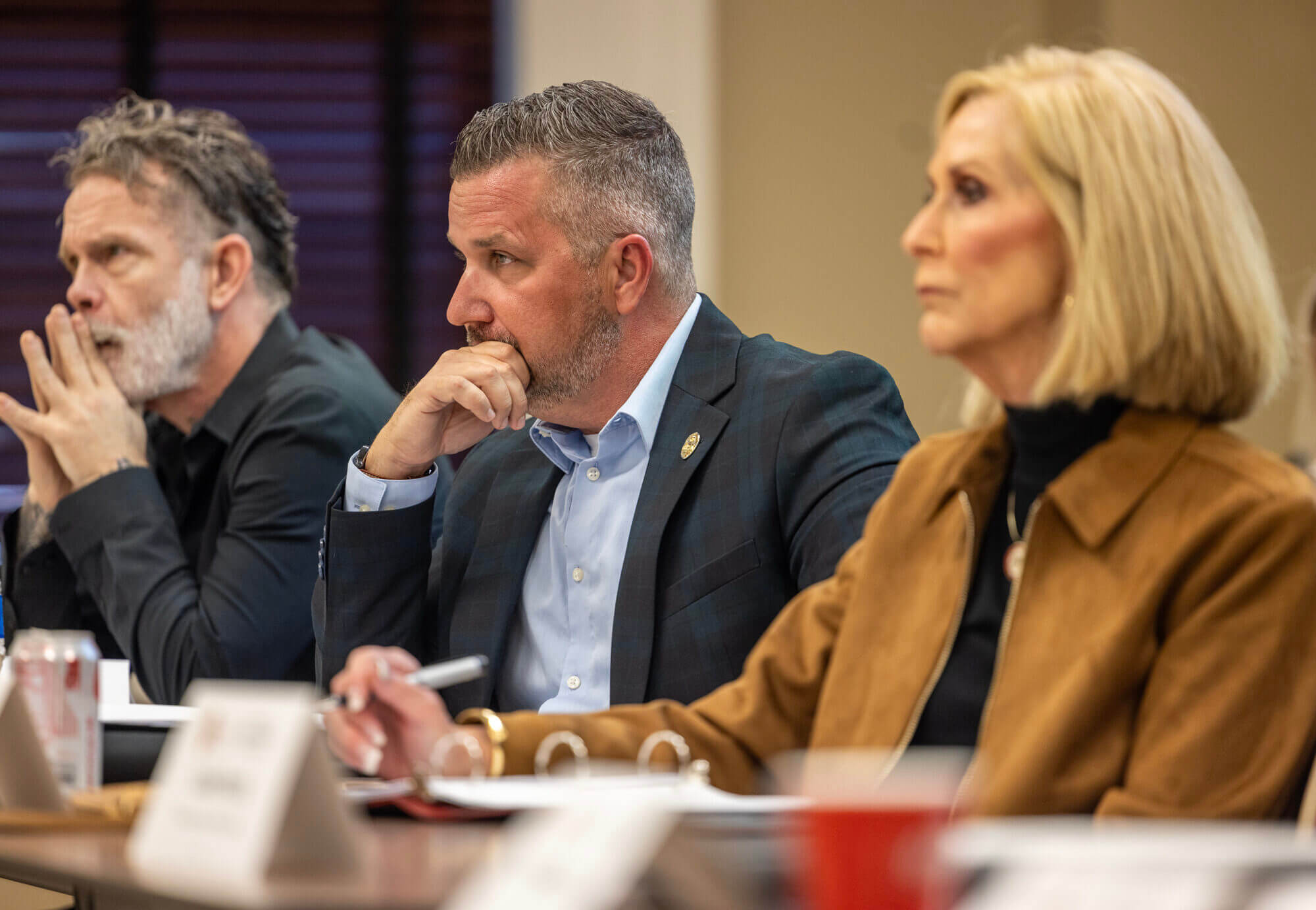
“That is what I think really has been missing from these applications,” he said.
Michelle Williams, Fitch’s chief of staff, suggested that tasers might be a “non-lethal use of force” option for law enforcement.
Another application that concerned some council members was a roughly $9 million request from a company called Stercus Bioanalystics. Its project summary said it would use this money to conduct wastewater surveillance for drug use with the aims of identifying areas and substances the state should address. A report shows the company pitched a similar project to Nevada.
Mississippi’s settlement council gave the application a score in the third-highest tier of applications, projects the council is not expected to review at its next meeting. But Andy Taggart, a voting member of the committee, asked that the council consider adding it to the second-highest tier of grants at the next meeting.
Dr. Dan Edney, Mississippi’s health officer and a co-chair of the committee, told members that researchers have found no public health or law enforcement use for wastewater opioid data. But after some council members, including Boyd, suggested the project could still be useful, the members voted to keep the application in consideration for the next meeting.
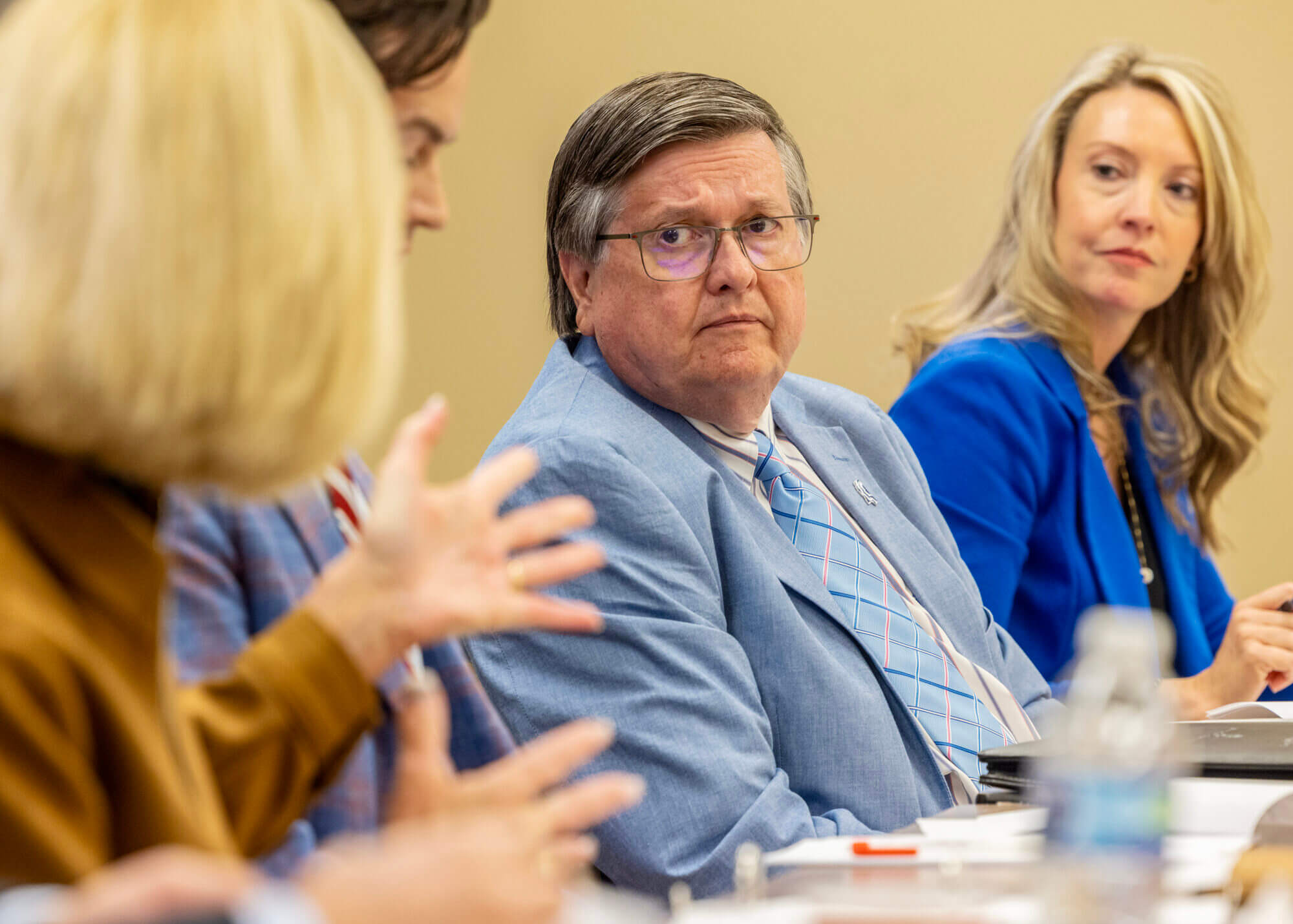
“I do see what they’re talking about in terms of specific law enforcement instances,” Edney told Mississippi Today after the meeting. “But in terms of overall abatement, I don’t see the evidence that opioid wastewater testing is all that effective.”
At the end of the meeting, Pracht said the council will meet again in the next few weeks to discuss the two highest tiers of opioid settlement projects. He instructed the 15 voting members to more thoroughly review the dozens of applications that scored in those ranges, in addition to Sercus’ proposal.
A state law enacted this year says the committee must finalize its recommendations by Dec. 1. Lawmakers are expected to approve or reject those suggestions during their 2026 session that begins in January.
This story was updated Monday evening after the meeting ended.
Correction, 11/3/2025: This story has been corrected to reflect the correct number of applications in the top tier of grants for opioid settlement funds.
- Former Hinds sheriff Marshand Crisler’s bribery conviction stands - March 4, 2026
- National Rifle Association successfully lobbies against bill taking away guns from abusers - March 4, 2026
- Data center proposed for Clinton - March 4, 2026